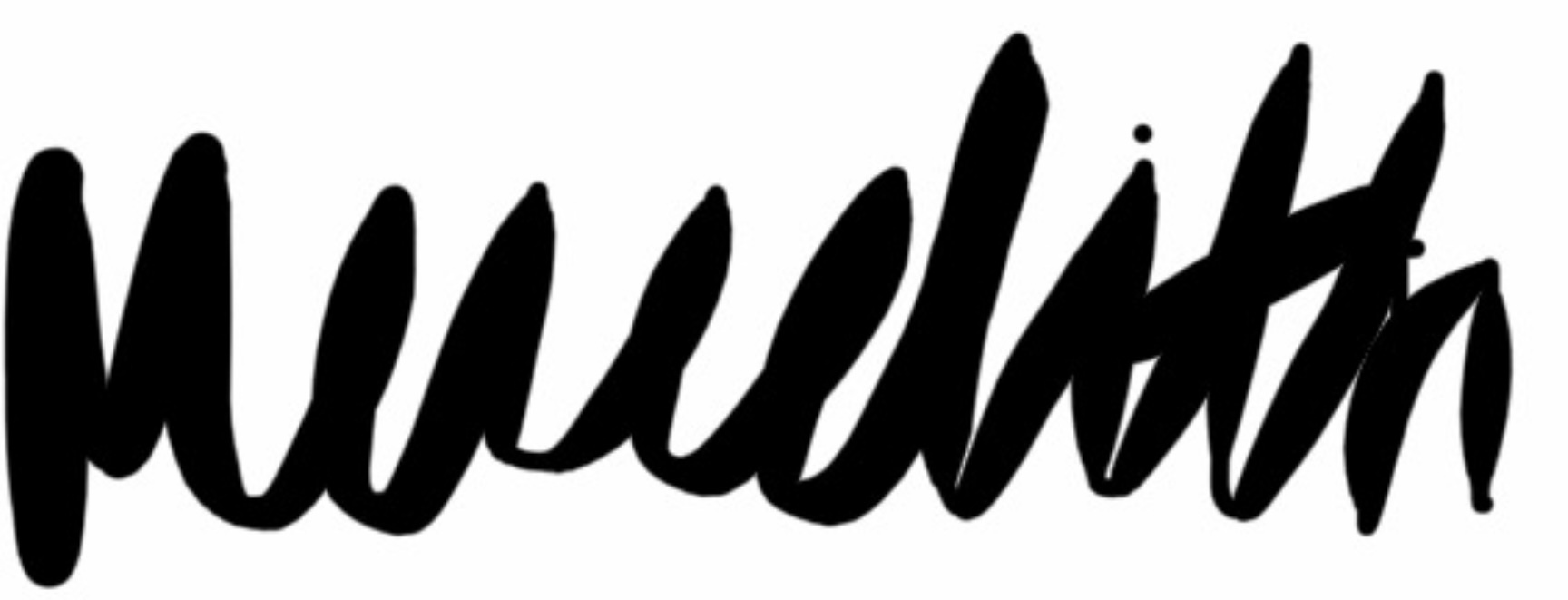(Please enjoy this updated version of my weekly commentary originally published April 7th, 2023 in the POWR Stocks Under $10 newsletter).
The first quarter of 2023 is officially in the books. And man, was it a weird one. Pretty much the only thing anyone seems to have correctly predicted is that it was LOADED with volatility.
I went back and read through a number of reports from the beginning of the year to see exactly what experts told us to expect for Q1 and beyond.
What Was Predicted At The Start Of The Year
1) Recession hits in the first half of the year. Whether it will be a mild “soft landing” or a classic recession that impacts all corners of the economy was up for debate, but nearly all experts were forecasting we’d have some kind of recession, most likely in the first half of the year.
2) Sell, sell, sell. Nearly every voice in the room was bearish going into 2023, with most predictions for a fresh downturn in the first quarter. Many believed we would test the lows from October 2022 – or even make new lows – early on in the year before moving higher in the second half.
3) Set, hiiiiiiiiike! (I know this is a lame joke, but I get to make it because I’m from Texas, and football is one of our three major exports.) We saw an unprecedented pace of rate hikes in 2022, and many experts believed it would continue consistently throughout 2023… or as long as inflation remained elevated. Interestingly, many individual investors continued to trade the market as if the Fed would be pausing or even cutting in March.
4) Corporate revenue for the year falls. This was also part of the recession equation. Even so, the consensus analyst estimate for the S&P 500’s (SPY - Get Rating) net profit margin was 12.3%, higher than the estimated net margin of 12% for 2022. That meant many experts were predicting downward revisions, which would put more pressure on stocks, leading to deeper selling.
5) Growth stocks, tech stocks, and crypto currencies take a beating. These were some of the worst-performing groups in 2022, and with most experts expecting more of the same from the Fed, it made sense that these groups would continue to get the short end of the stick. Many experts also suggested staying away from retail and leisure companies, as they’re sensitive to the economic cycle.
6) Quality companies are the safe buy. We saw a number of market strategists recommend buying the sale on quality companies, as they would be the most likely to survive (and potentially thrive) in a recession. Additionally, companies with major debts on their books would be most likely to falter as economic conditions worsen.
7) Tech and small-cap stocks rebound once the bottom is in (likely later in the fall or early 2024). While many analysts agreed that tech and small caps would be poor performers in the first six to nine months of the year, many agreed that the predicted slowdown would set the stage for a strong recovery.
Wow. We were VERY bearish at the end of 2022. Personally, my biggest prediction for the year is the Federal Reserve would still be a big market driver, for better or for worse. And that we’d continue to see bulls and bears fight over the ~secret special meaning~ behind every word out of Powell’s mouth.
What We Actually Saw In Q1
1) Buy, buy, buy! To many investors’ surprise, two of the major indexes were up significantly for the first quarter. The S&P 500 (SPY - Get Rating) finished Q1 up 7% and the Nasdaq was up 20.5%. The Dow — which is made up of those major high-quality stocks analysts were recommending — fared the worst, up only 0.4%.
2) Growth stocks, tech, and crypto were the clear winners. Despite many analysts saying these were the exact companies to avoid, they were the top performers of the first quarter. The five best returns for Q1 were…
FSLY (small-cap cloud services provider) +116.8%
COIN (crypto exchange operator) +90.9%
NVDA (mega-cap semiconductor) +90.1%
META (mega-cap tech conglomerate, aka Facebook) +76.1%
EVGO (small-cap electric vehicle charging stations) +74.3%
A lot of these high returns are likely due to forward-looking investors focused on a pause in rate hikes (which will benefit tech and growth and risk-on stocks) COMBINED with the fact that many of the stocks in this category saw heavy selling in 2022, so they were beaten-down to start.
3) The Fed… didn’t make things easy. First, they appeared to turn dovish, then hawkish again, then dovish again as the central bank decided to let the data lead the way. Now, there’s nothing inherently wrong with that strategy; however, it makes it easy for the Fed to act like it’s going to do one thing without actually committing to do that thing. And that’s how we have investors fighting over whether we’re going to have multiple rate hikes over the next nine months… or rate cuts. In short, Powell’s “nimbleness” is responsible for a lot of volatility in the market. So far in 2023, we’ve had two 25-bps hikes, with a third expected in May.
4) The Fed… did break some banks. After nine consecutive hikes, we saw two major banks collapse the weekend of March 10 due to unrealized losses on their bond portfolios and liquidity issues. That gave Powell and the other Federal Reserve members two problems to deal with — curbing chronic high inflation and shoring up the banking system. In a way, the banking crisis should do some of the Fed’s work for them; if banks get pickier over who they extend credit to, it could act as an additional anchor on the economy.
What Comes Next?
Right now, it seems like no two analysts fully agree on anything, but here are a few of the big predictions for the rest of the year…
1) One more Fed hike in May… and then cuts late in the year. This is based on the Fed’s target terminal rate of about 5.1%. Currently, we’re at about 4.9%, so one more 25-bps increase will put us at the projected rate. However, Powell has continued to make it clear that they’re not married to this level, and we could see more hikes (or a pause or even cuts) based on what the data shows.
2) A credit crunch from the bank fallout. One of the reasons the Fed only raised rates by 25 bps this past March (instead of the 50 bps everyone originally expected) was because banks were going to do some of the heavy lifting. Following the banking crisis, experts agree that most banks will start limiting who they lend to, making credit even more difficult to access. Like rate hikes, this will help slow the economy and cool inflation.
3) Get ready for some kind of recession. Depending on who you talk to, it could just be a technical recession where growth contracts but we don’t feel the pain as deeply as we have in past recessions… or it could be a hard landing. While the labor market has stayed strong, manufacturing activity has dropped and the housing market has softened significantly. The yield curve has also re-inverted, and the New York Fed’s recession model predicts a 54.5% chance of a U.S. recession sometime in the next 12 months.
4) Higher-quality companies will be rewarded. Even though many experts say a recession looks inevitable at this point, investors don’t need to be relegated to the sidelines. Take this first quarter, for example. Anyone who was waiting to put their money to work has missed a chance for gains, even though the outlook for the beginning of the year looked bearish.
It will be interesting (dare I say, fun?) to look back at these predictions in three more months and see where things stand. What kind of predictions are you making for this year?
Are you buying quality, or is your portfolio risk-on? Do you think we’ll eventually see additional hikes, or are you one of the many who expect a cut later this year? I’m always excited to see what’s on y’alls minds.
Good trading!
What To Do Next?
If you’d like to see more top stocks under $10, then you should check out our free special report:
What gives these stocks the right stuff to become big winners, even in this brutal stock market?
First, because they are all low priced companies with the most upside potential in today’s volatile markets.
But even more important, is that they are all top Buy rated stocks according to our coveted POWR Ratings system and they excel in key areas of growth, sentiment and momentum.
Click below now to see these 3 exciting stocks which could double or more in the year ahead.
All the Best!
Meredith Margrave
Chief Growth Strategist, StockNews
Editor, POWR Stocks Under $10 Newsletter
Want More Great Investing Ideas?
SPY shares closed at $409.19 on Friday, up $1.59 (+0.39%). Year-to-date, SPY has gained 7.41%, versus a % rise in the benchmark S&P 500 index during the same period.
About the Author: Meredith Margrave

Meredith Margrave has been a noted financial expert and market commentator for the past two decades. She is currently the Editor of the POWR Growth and POWR Stocks Under $10 newsletters. Learn more about Meredith's background, along with links to her most recent articles. More...
More Resources for the Stocks in this Article
| Ticker | POWR Rating | Industry Rank | Rank in Industry |
| SPY | Get Rating | Get Rating | Get Rating |
| .INX | Get Rating | Get Rating | Get Rating |
| DIA | Get Rating | Get Rating | Get Rating |
| IWM | Get Rating | Get Rating | Get Rating |
| QQQ | Get Rating | Get Rating | Get Rating |






